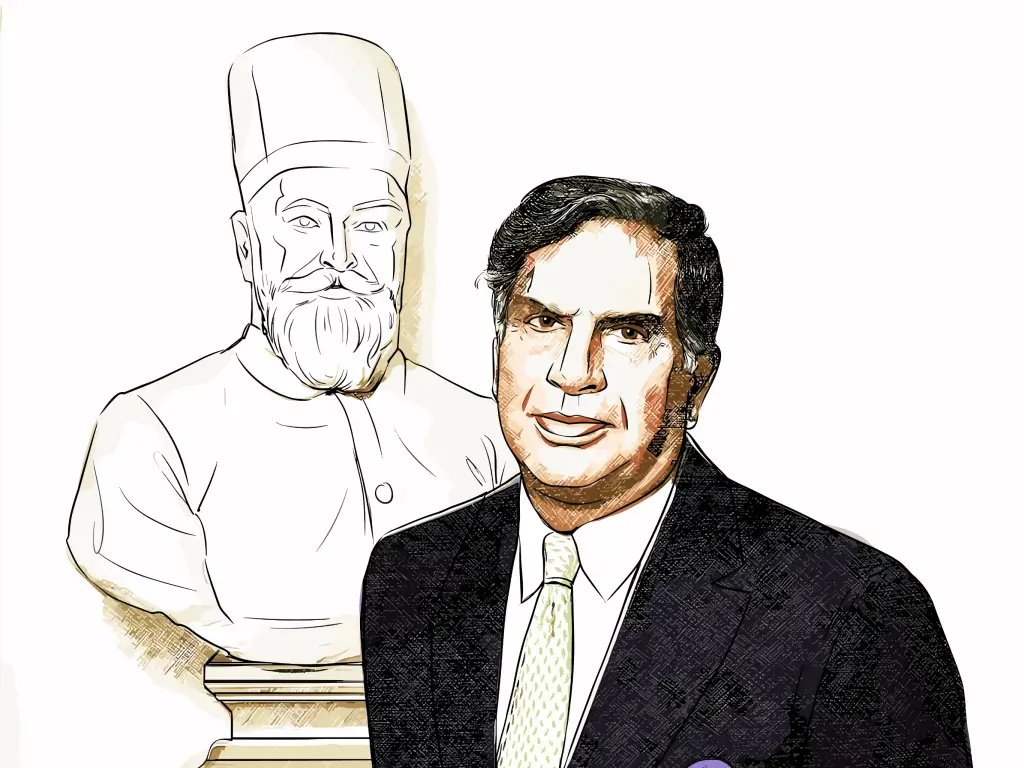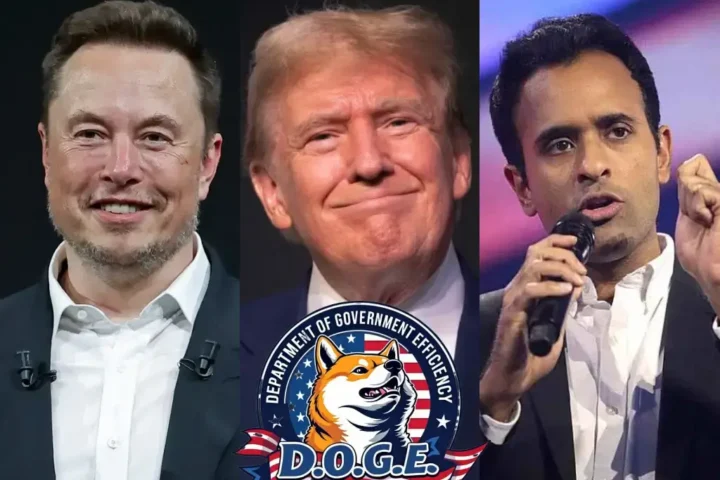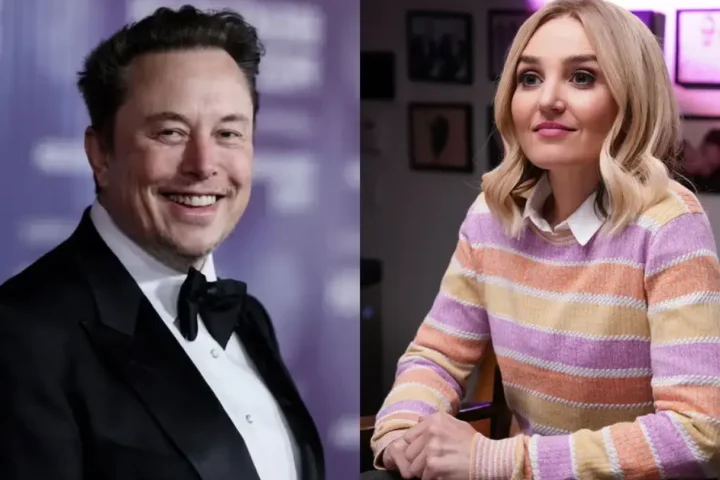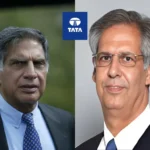Table of Contents
We Miss You Ratan TaTaji.
TrendyNWS Team
Mumbai, October 10, 2024
Industry giant Ratan Tata, the man behind the growth of the Tata Group and making it a global giant, died yesterday at the age of 86. Unquestionably, Ratan Tata, a downtown man with a towering spirit revered for his humility, vision, and passion to transform India, was one of the most outstanding leaders of his generation. The Tata group and philanthropy have lost one of their kings in the death of such a monumental figure as Tata.
During his tenure as the leader of the Tata Group, the company experienced significant growth and expanded its operations to over 100 countries. Today, the conglomerate ranges across industries from steel and auto to computer software and hotels, achieving total revenues of 165 billion US dollars for the fiscal year ending in March 2024.
Tata Sons Chairman Natarajan Chandrasekaran said the entire country grieves over the prince’s demise, which reflects the chairman’s deep empathy for Ratan Tata, stating that he was a leader like no other. This vision and his concern for human beings have put the Tata Group and, indeed, India itself, in a position that is beyond imitation.
A Legacy of Global Expansion
So when Ratan Tata took charge of the Tata’s in 1991, India was even then taking baby steps to embrace what could be called the economic liberalization age. While every other entity in the world saw Indian businesses as domestic players at best, Ratan Tata looked much beyond. He was involved in some of the largest cross-border acquisitions that would later reshape the face of Indian business globally.
Corus Steel and Jaguar Land Rover are examples of the expansive world that the Tata Group started mastering and Tata’s dream that reversing the role India had been subjected to during British rule was possible. Both these ever mergers that took place in 2007 and 2008 were adventurous corporate maneuvers that received global attention. However, in a short while, the global financial crisis started showing its effect on these acquisitions done by Tata while he was still confident that Indian companies could compete and sustain themselves in the international market.
Champion of Indian Innovation
Ratan Tata not only aimed at liquefying Indian companies on a foreign land but was equally keen to transform India into an innovation-driven country. This visionary drive has resulted in creations such as the Tata Nano the car widely referred to as the world’s cheapest model—to put car ownership within reach of millions of Indians in the middle class. Thus, while the Nano never became the runaway sales success that was predicted, the effort behind it implicated his genuinely anti-colonial desire to make every Indian’s life better.
He also imposed his style on modern technologies, while under Tata’s leadership, the group expanded areas like e-commerce digital services and AI technology, such as the launch of India’s first super app and part of a $11 billion chip manufacturing partnership with Powerchip Semiconductor Company.
A Compassionate Leader
Ratan Tata was not only known to be a successful businessman but a man of high human values. It may be recalled that in 2008 there was a terror strike in Mumbai, including the famous Taj Mahal Hotel, which belongs to the Tata group of companies, and immediately after the terrorist attack, Ratan Tata did not confine himself to the boardroom. He went out to make sure the families of the victims were well taken care of and even made nice gestures to the parents during such a tough time that nobody would wish any human being to experience. Some consider his reaction during the Mumbai attacks as the manifestation of empathy and dedication to his people.
A matchless philanthropic account
A bachelor who chose not to have a very public personal life, Ratan Tata was a man who gave immense time and money to things beyond himself. Overseeing TataTrust’s mind-boggling philanthropic education and development organization and also providing healthcare and rural development. The trusts through which he and his brothers controlled a controlling stake in Tata Sons were to be his dream of a perfect society, a connector between the profitability of the conglomerate and the welfare of the country.
In recent years, Tata has been strongly supporting India’s emergence of the startup industry and investing in unicorns such as Ola Electric and Goodfellows, a platform for lonely elderly people. That issue is personal to him because he has no family.
A legacy that engraved its name in the sand of time in India
— Tata Group (@TataCompanies) October 9, 2024
Although named Tata, the firm is associated with integrity and business leadership and was established by Jamsetji Tata in 1868 as the Tata Group. Born on Christmas of 1937 in Mumbai, Ratan Tata inherited a royal lineage from his family. He too tested the adversities at an early age when he was young and his parents separated, leaving him under his grandmother during his childhood.
Being of an American educational background, Ratan Tata built his architectural education at Cornell University, but his first intention was to study mechanical engineering. To look after his ailing grandmother, he temporarily moved out of Uganda and later on was convinced by J. R. D. Tata, the then head of Tata Enterprises, to take up a job with Tata’s group. Over the years, Ratan Tata ended up making his way to the top of Tata, continuing his leadership in 1991 and reinventing the conglomerate.
When Tata resigned in 2012 and then came back as chairman in 2016 because of the leadership crisis, he has always shown himself as a shrewd businessman, ethical hero, and emotional leader.
It is most painful to write that Ratan Tata’s absence will be sorely felt and cannot be quickly replaced. His stewardship, which was founded on ethics, internationalism, and unflinching Indian growth, will hold lessons for generations of business and population. His loss is not only to the TATA group but to the entire nation a man who looked beyond the shores and said Indian business can do this as well.
India grieves sitting or standing for its lost jewel, but the physical symbol of his vision remains the steel and the software and the cars and the salt, and first and foremost in the Indian’s heart.
Rest in peace, Ratan Tata. You will be known for the rest of time as the man who erected bridges between India and the rest of society and between greed and caring.











